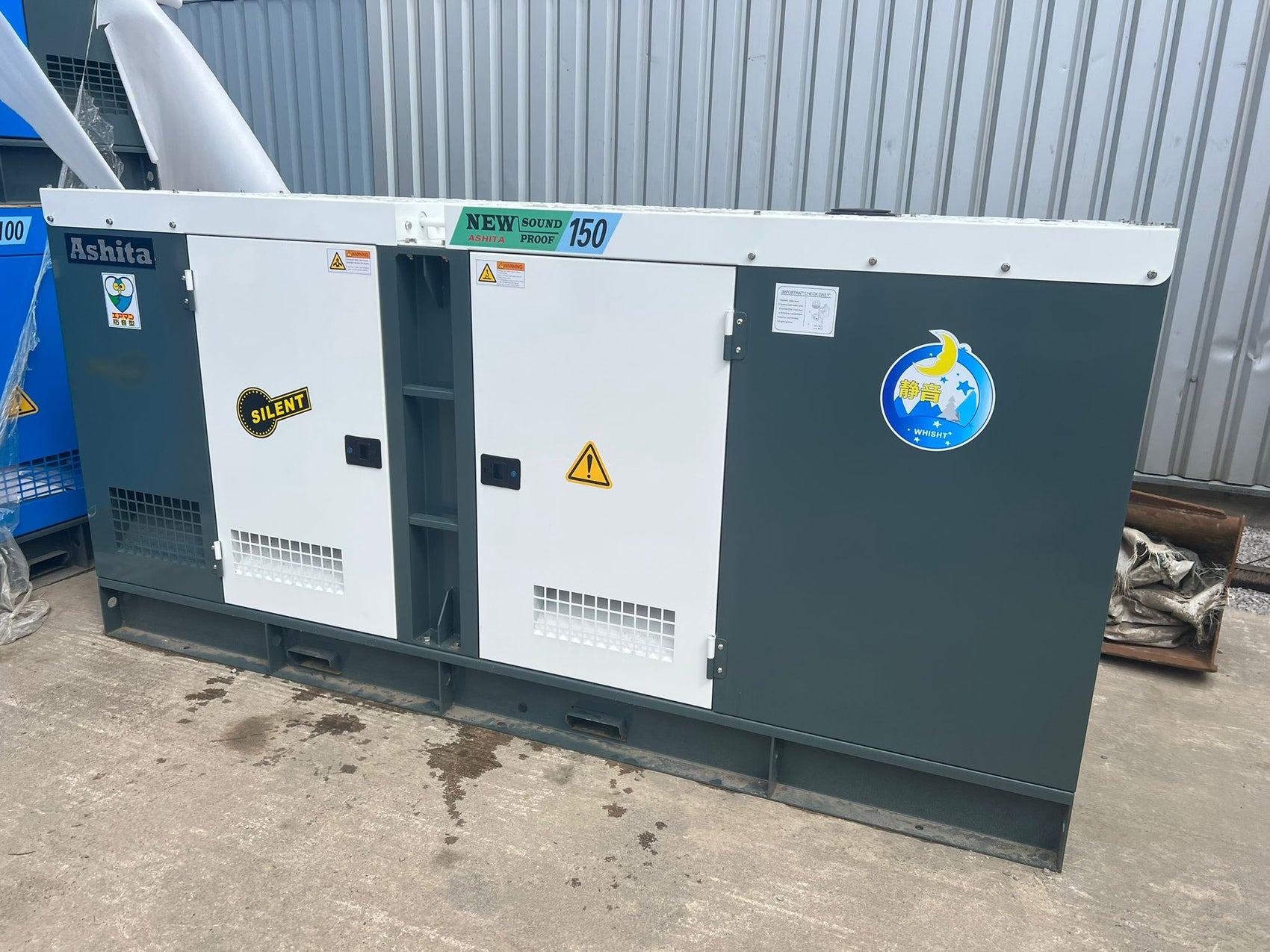Generators are a cornerstone of power backup solutions worldwide, ensuring that homes remain lit, businesses continue operating, and essential services stay online even during power outages. Whether you're a homeowner considering a backup power solution or a business owner looking to ensure continuity, you likely have questions about generators. In this blog post, we address some of the most frequently asked questions about these powerful machines.
1. What Exactly is a Generator?
A generator is a marvel of engineering that converts mechanical energy, often from fuel combustion, into electrical energy. It's your go-to device for power during outages or in remote locations without grid access.
2. The Many Faces of Generators: Which Type is Right for Me?
Generators come in various shapes and sizes, from portable units for camping trips to massive installations for industrial use. The primary types include standby generators, portable generators, and inverter generators, each powered by different fuels like diesel, gasoline, or natural gas.
3. Size Matters: How Do I Choose the Right Generator Size?
To select the perfect generator, tally up the wattage of all devices and appliances you plan to power. It's wise to opt for a generator with a slightly higher capacity than your total to ensure smooth operation.
4. Maintenance: How Often Should My Generator See a Mechanic?
Like any machine, generators crave regular check-ups. If you use your generator frequently, conduct basic checks weekly, change the oil every 50-200 hours, and don't skip the comprehensive annual inspection.
5. Safety First: Can I Plug My Generator Directly into My Home?
Never plug a generator directly into your home without a transfer switch. This switch ensures safe operation and prevents dangerous back-feeding into the grid.
6. The Marathon Question: How Long Can My Generator Run?
While some robust commercial generators boast 24-hour runtimes, most generators appreciate cooling and maintenance breaks. Always consult the manufacturer's guidelines.
7. Noise Levels: Will My Generator Disturb the Peace?
Generators do produce noise, but the decibel levels vary. Enclosed or soundproofed generators are your best bet for quieter operation.
8. kW vs. kVA: What's the Difference?
While kW measures the actual usable power, kVA gives a broader picture, encompassing both real and reactive power. The relationship between the two is defined by the power factor.
9. Indoor Use: Can I Use My Generator Inside?
Absolutely not. Generators emit carbon monoxide, a silent and deadly gas. Always ensure outdoor operation, positioned away from windows and vents.
10. Fuel Storage: How Should I Store My Generator's Fuel?
Opt for a cool, dark place and use approved containers. To prolong fuel life, consider adding stabilizers.
11. Single vs. Three-Phase: Which One Do I Need?
For most homes and small businesses, single-phase generators suffice. However, industrial setups might require the power delivered by three-phase generators.
12. Fuel Efficiency: How Long Will My Fuel Last?
Fuel consumption varies based on generator size and load. On average, expect a consumption rate of 2 to 5 gallons per hour.
13. Going Green: Are There Eco-Friendly Generators?
Yes! Biodiesel generators, solar generators, and hybrid options are paving the way for a more sustainable future.
14. DIY Installation: Can I Set Up My Generator?
While portable generators are user-friendly, it's best to leave the installation of larger units to professionals.
15. Ensuring Safety: How Do I Operate My Generator Safely?
Regular maintenance, proper placement, and adherence to manufacturer guidelines are your tickets to safe generator operation.
In Conclusion
Generators are a beacon of reliability in an unpredictable world. Whether you're safeguarding your home against blackouts or ensuring your business remains operational during power interruptions, understanding your generator is crucial. We hope this guide has shed light on some of your burning questions. For more tailored advice, always turn to professionals or your generator's manufacturer.

